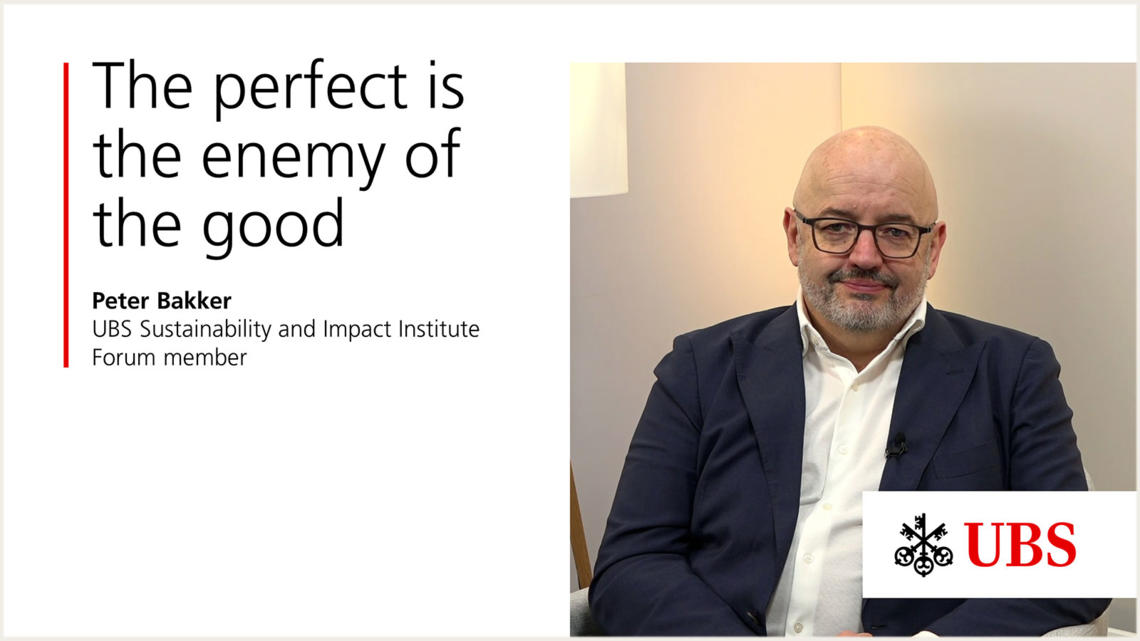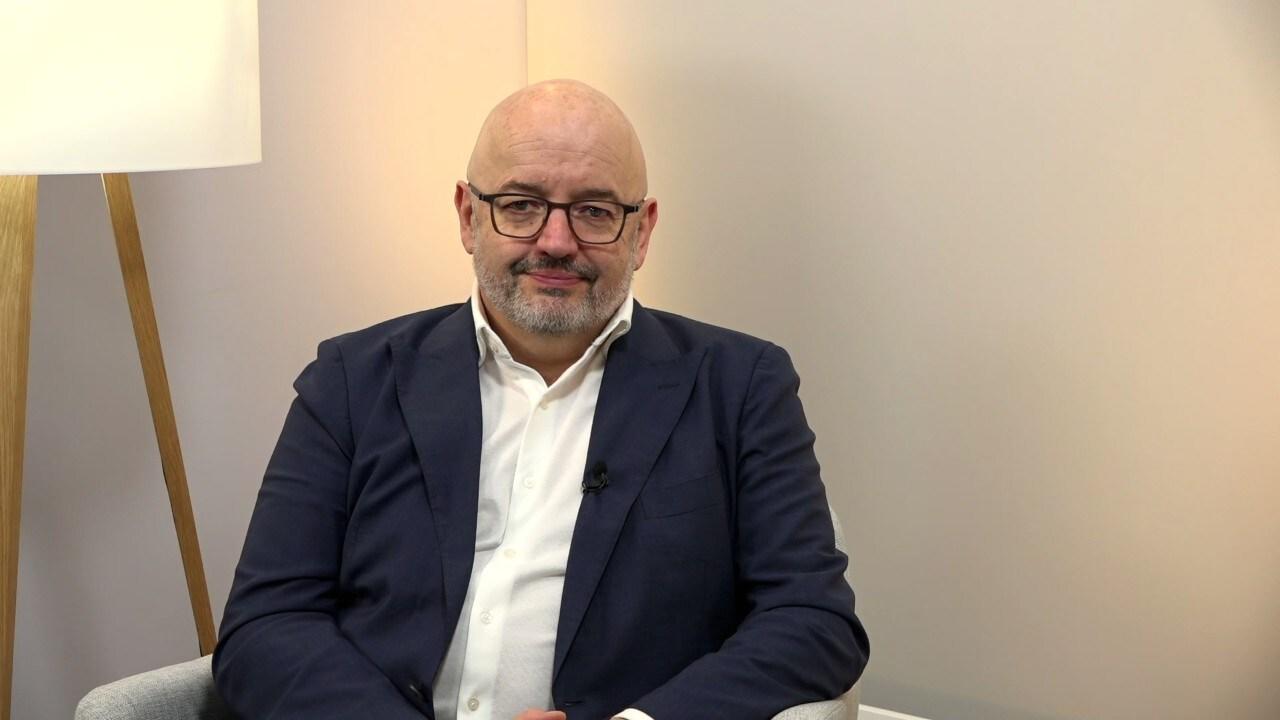The president of the World Council for Sustainable Business Development explains that although our information on climate change is imperfect, we possess enough data to act. Companies may play the most crucial role in this transformation.
For more than a decade, Peter Bakker has led the Geneva-based World Business Council for Sustainable Development (WBCSD), a global, CEO-led community of over 200 of the world’s leading sustainable businesses. They are working collectively to accelerate the system transformations needed for a Net Zero, nature positive, and more equitable future. Previously, he had been the CEO of TNT NV, a global transport and logistics company, where he had incorporated sustainability in the company’s strategy and processes. He is also a member of the UBS Sustainability and Impact Institute Forum.
What is your take on the state of capitalism and its role in driving sustainability forward?
Capitalism is the best model that the world has developed so far, but it has shortcomings with regards to key sustainability challenges. It excludes the impacts that human and corporate activities have on climate change, on nature, or on inequality.
"Capitalism values impact based on discounted cash flows. That says it all: If it isn't cash, it is not part of the model."
Capitalism values impact based on discounted cash flows. That says it all: If it isn't cash, it is not part of the model. But a lot of issues have not yet been, or possibly never will be, captured in cash, like a company’s emissions. Unless the world agrees to put a price on carbon—which in the current geopolitical environment is incredibly difficult.
In the future it would therefore be helpful to develop a model that can provide more holistic signals to the real economy. Capitalism can be improved in this direction; we don’t need to throw it out the window.
Which stakeholders have the largest role to play in this improvement process?
"The main responsibility will rest with companies and financial actors, while governments will have more of a supporting role to play."
The main responsibility will rest with companies and financial actors, while governments will have more of a supporting role to play. Companies and investors need to have the right incentives to integrate climate, nature and inequality into their decision making and risk assessment processes. Let’s take the climate issue in relation to an automotive company as an example. We need to get from fossil-fuel- to electric-powered cars and most companies get that by now. But do they understand the physical risks that climate change may bring to their supply chains? The answer is, “probably not enough”.
Companies in all sectors also need to set Net Zero targets. While most companies have done that, there has been only a limited focus on integrating the climate transition plan into corporate strategy. For that we need to be able to measure so that we can manage and trustworthily disclose that information to stakeholders.
A performance and accountability system needs to include climate change these days for the information to be captured by capital markets’ valuation models. This will allow us to differentiate companies’ prospects and direct capital towards the solutions that really work.
What do we need to speed up this transformation?
We need three key components. The first is better data. I am confident that we're close to having full transparency in supply chains so that we know, no matter where in the world raw materials or products are being produced, what their carbon footprint is and how we can improve the product. Artificial intelligence will only accelerate that whole data flow.
Second, disclosure standards are critically important, so that an investor or a financial institution not only gets the data but can turn it into meaningful information that makes investment options comparable. The third element is regulation to set standards on data quality.
Some people believe that regulation should not be the answer to every challenge. But think about it very simply: We have financial accounting rules and few have challenged their principle existence. What we need now is accounting rules that cover climate change, biodiversity loss and inequality.
What concrete action on the data issue makes you hopeful?
The most progress is visible on the climate change front. The greenhouse gas protocols for example, are getting a wholesale reconfiguration. As we speak, a large-scale global project called Partnership for Carbon Transparency (PACT) is working to allow for scope three emissions accounting, the biggest headache for companies when they think about the emissions in their supply chains.
Technology companies like SAP and Microsoft are starting to integrate this data into their supply chain management software. Meanwhile, the G7 published its avoided emission accounting guidance this past year. So, the standards are emerging, while at the same time the tools and calculation methods, and even the technology solutions required to implement them are quickly becoming available. Now it's a matter of all companies starting to apply them.
The International Sustainability Standards Board (ISSB) is the largest pull factor for this. The ISSB has published their S1 and S2 framework, essentially accounting rules for climate related disclosures. Combined with the technology to process the data these frameworks are a great starting point to provide the right signal to financial markets.
What are the risks if we don't manage to process and implement this data?
"Climate change is no longer a theoretical model, it is upon us now."
Climate change is no longer a theoretical model, it is upon us now. We see forest fires, floods, and droughts around the world, and it is only likely to get much worse. We have six years before the world hits 1.5° Celsius, which is what science calls the safe operating space. So yes, we need to take our time to find the right standards and disclosure frameworks, but we cannot spend much time on doing so. The perfect is certainly the enemy of the good in these circumstances.
Access the original article here.



